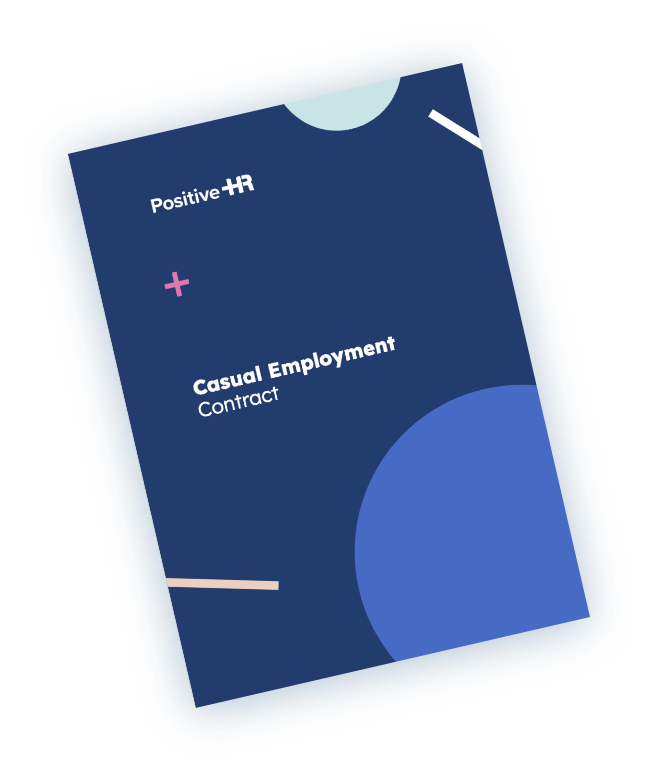Employers across Australia are breathing an enormous sigh of relief following the High Court’s decision restoring common sense to how personal/carer’s leave should be calculated under Australia’s workplace laws.
In overturning the controversial Federal Court decision in Mondelez v AMWU, the High Court supported the common understanding of calculating personal/carer’s leave entitlements.
The High Court of Australia has granted the appeals by Mondelēz International, who makes Cadbury chocolate and the Australian Government against the questionable decision of the Federal Court in the Mondelez v AMWU case.
The Fair Work Act 2009 (section 96) states that each employee is entitled to ’10 days of paid personal/carer’s leave. The Mondelez case essentially tested what ‘10 days’ actually meant. The Federal Court interpreted this as 10 days, no matter how many hours an employee would ordinarily work within a 24-hour period. This was problematic for many businesses because if they had part-timers, even if they worked 1 day a week, they would still be entitled to 10 days of sick leave a year.
Industrial Relations Minister Christian Porter backed the Mondelez appeal, saying the original ruling sparked confusion and uncertainty about calculating sick and carers’ leave. The minister criticised the rewording of the Fair Work Act in 2009, when the personal leave entitlement was changed from 76 hours to 10 days, which is the catalyst for the confusion.
A big sigh of relief for businesses
Thankfully, the High Court has confirmed this interpretation was incorrect.
The concern with the ‘working day’ wording was that it would create a great inequality between different groups of employees in workplaces where there are multiple different shifts and rosters in place, such as manufacturing plants or mine sites. It might, for example, have seen some employees receive 120 hours’ of leave entitlement and others receive 76 hours, despite working the same number of hours across a two-week period.
The High Court has stated that what is meant by ‘10 days’ must be calculated according to an employee’s ordinary hours of work across two standard working weeks. Employees working 76 hours across a fortnight, for example, would receive the same personal leave entitlements irrespective of whether those 76 hours were worked across eight shifts or ten.
The High Court’s decision is a win for employers across Australia. The economy has dodged a significant bullet here at a time when we can least afford it. A significant amount of businesses would have been exposed to huge liabilities if the Federal Court’s decision stood. It would also mean billions of dollars of unexpected employment costs, brought about by impractical interpretations of our workplaces laws, which is the last thing businesses need in this global health and economic crisis.
Where to from here?
Do you have a question about leave entitlements or what this decision means for your business? Positive HR can help you make sense of it. Simply book in a free 15-minute consultation with one of our Positive HR Consultants
Reference
You can read more on the Mondelez v AMWU case here.









